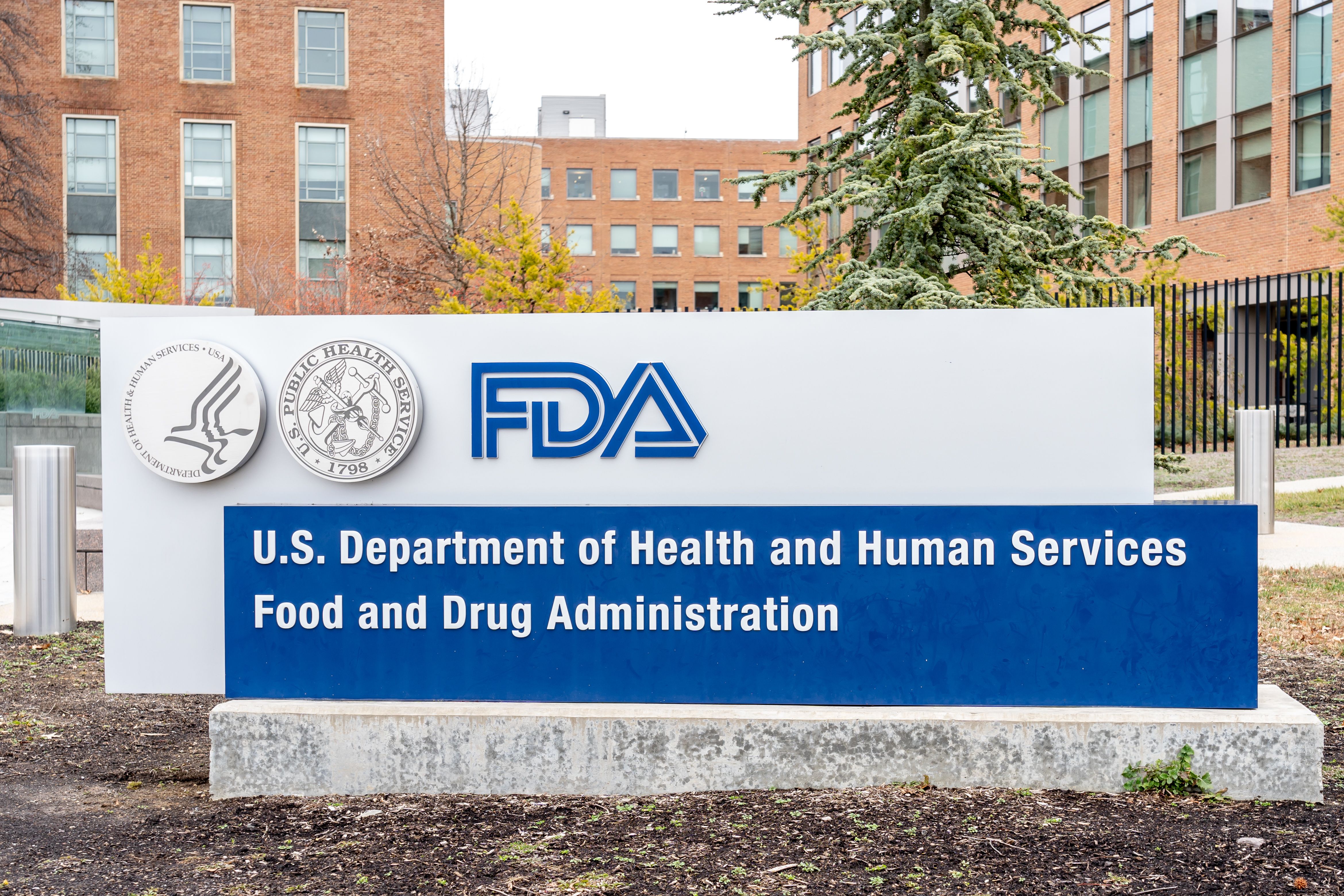FDA Warns Against Risk of Hypocalcemia in Patients With Kidney Disease Taking Prolia
FDA adds Boxed Warning that the osteoporosis medication increases the risk for severe hypocalcemia in patients with advanced chronic kidney disease, especially among those undergoing dialysis
Image credit: JHVEPhoto | stock.adobe.com

The FDA has revised the prescribing information for Amgen’s Prolia (denosumab) to add a Boxed Warning that the osteoporosis medication increases the risk for severe hypocalcemia in patients with advanced chronic kidney disease (CKD), especially among those undergoing dialysis. Severe hypocalcemia was found to be more common among patients with CKD with mineral and bone disorder (MBD).1
“Severe hypocalcemia can be asymptomatic or may present with symptoms that include confusion; seizures; irregular heart rhythm; fainting; face twitching; uncontrolled muscle spasms; or weakness, tingling, or numbness in parts of the body,” the FDA wrote in the alert.1
Prolia is a human monoclonal antibody designed to bind to the RANKL protein that activates osteoclasts, which are cells that play a role in the erosion of bone tissue. Through binding and inhibiting RANKL, Prolia lowers the production and activity of osteoclasts, which decreases bone loss and lowers the probability of fractures and other serious bone conditions.
More than 10 million US adults over the age of 50 years are estimated to have osteoporosis, of whom more than 80% are women. One in two women and one in four men are estimated to experience an osteoporosis-related fracture in their lifetimes, which can lower quality of life and lead to disability and death.2
Prolia, which is administered via subcutaneous injection under the skin by a healthcare provider (HCP) once every six months, was initially developed to treat osteoporosis in postmenopausal women with an elevated risk of fracture or who are refractory to or cannot tolerate other therapies.
The drug went on to be approved to increase bone mass in men with osteoporosis; for men with high risk for fracture who have been administered androgen deprivation therapy for prostate cancer; for women with a high risk for fracture who have been administered aromatase inhibitor therapy for breast cancer; and for men and women with glucocorticoid-induced osteoporosis. Prolia may lead to decreased calcium levels in the blood. Adverse effects (AEs) commonly reported in patients administered Prolia include back pain, muscle pain, and pain in the arms or legs. Other serious AEs associated with Prolia include confusion, seizures, irregular heart rhythm, fainting, twitching in the face, uncontrollable muscle spasms, or weakness, tingling, or numbness in different parts of the body.
The FDA is advising that patients with advanced CKD talk to their HCP to evaluate whether Prolia is appropriate for them. Patients who are already taking the drug for osteoporosis are advised to maintain adequate calcium and vitamin D intake while on the treatment regimen. Further, frequent monitoring of calcium levels in the blood is vital for patients with advanced CKD administered Prolia, specifically patients on dialysis during the first two to 10 weeks following each injection.
Before prescribing Prolia, HCPs are advised to assess kidney function. For patients with advanced CKD and especially those on dialysis, HCPs should consider the risk of severe hypocalcemia in the context of other osteoporosis treatments. For initial or continued use of the product, patient calcium blood levels should regularly be evaluated for evidence of CKD-MBD.
The FDA warning and new labeling contains guidance to help lower the risk of severe hypocalcemia, including appropriate patient selection for Prolia treatment, increased monitoring of blood calcium levels, and other strategies.
References
1. FDA. Prolia (denosumab): Drug Safety Communication - FDA Adds Boxed Warning for Increased Risk of Severe Hypocalcemia in Patients with Advanced Chronic Kidney Disease. News release. January 19, 2024. Accessed January 25, 2024. https://www.fda.gov/safety/medical-product-safety-information/prolia-denosumab-drug-safety-communication-fda-adds-boxed-warning-increased-risk-severe-hypocalcemia
2. Sandoz Biologics License Application for proposed biosimilar denosumab accepted by US FDA. News release. Novartis; February 6, 2023. Accessed January 25, 2024. https://www.novartis.com/news/media-releases/sandoz-biologics-license-application-proposed-biosimilar-denosumab-accepted-us-fda